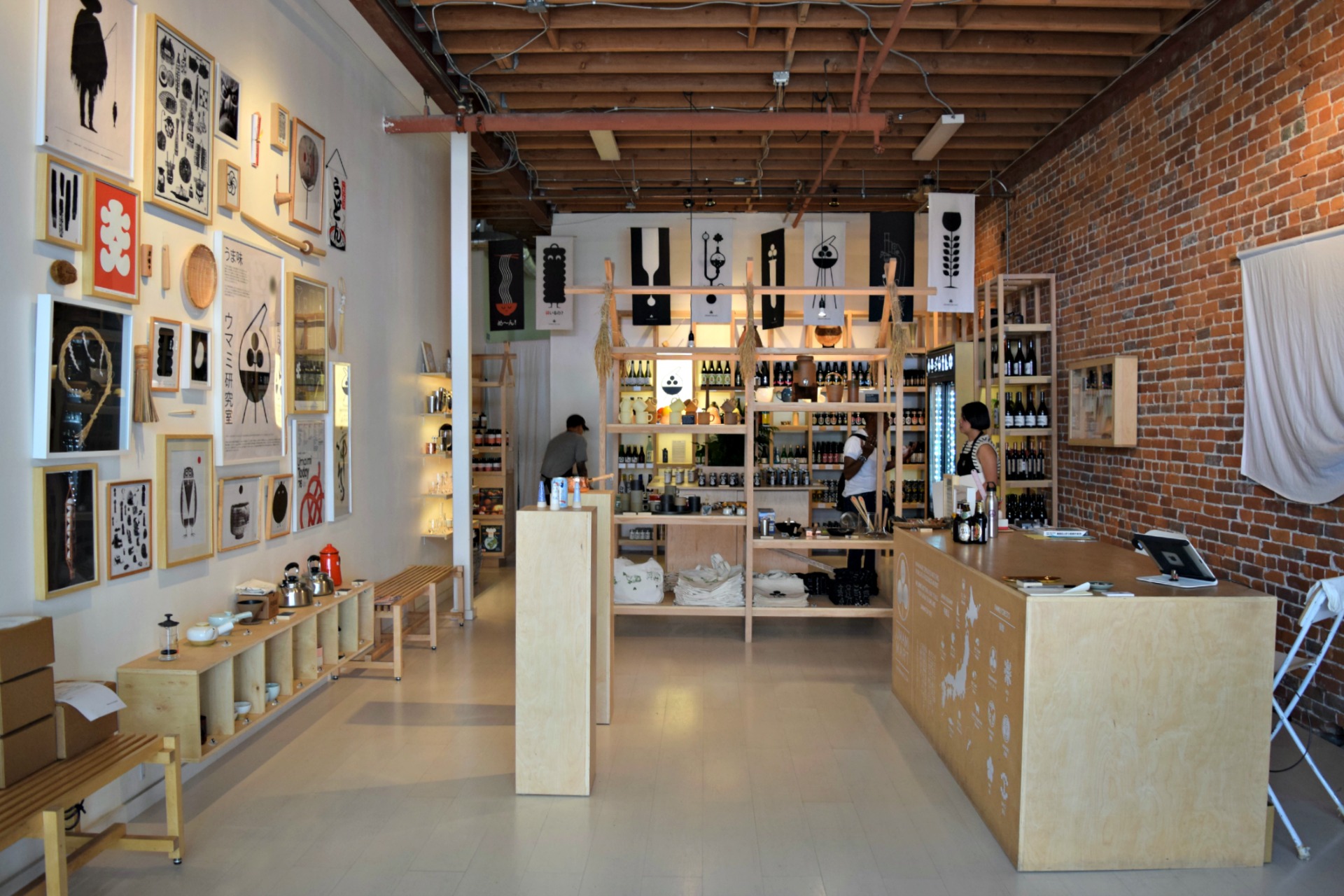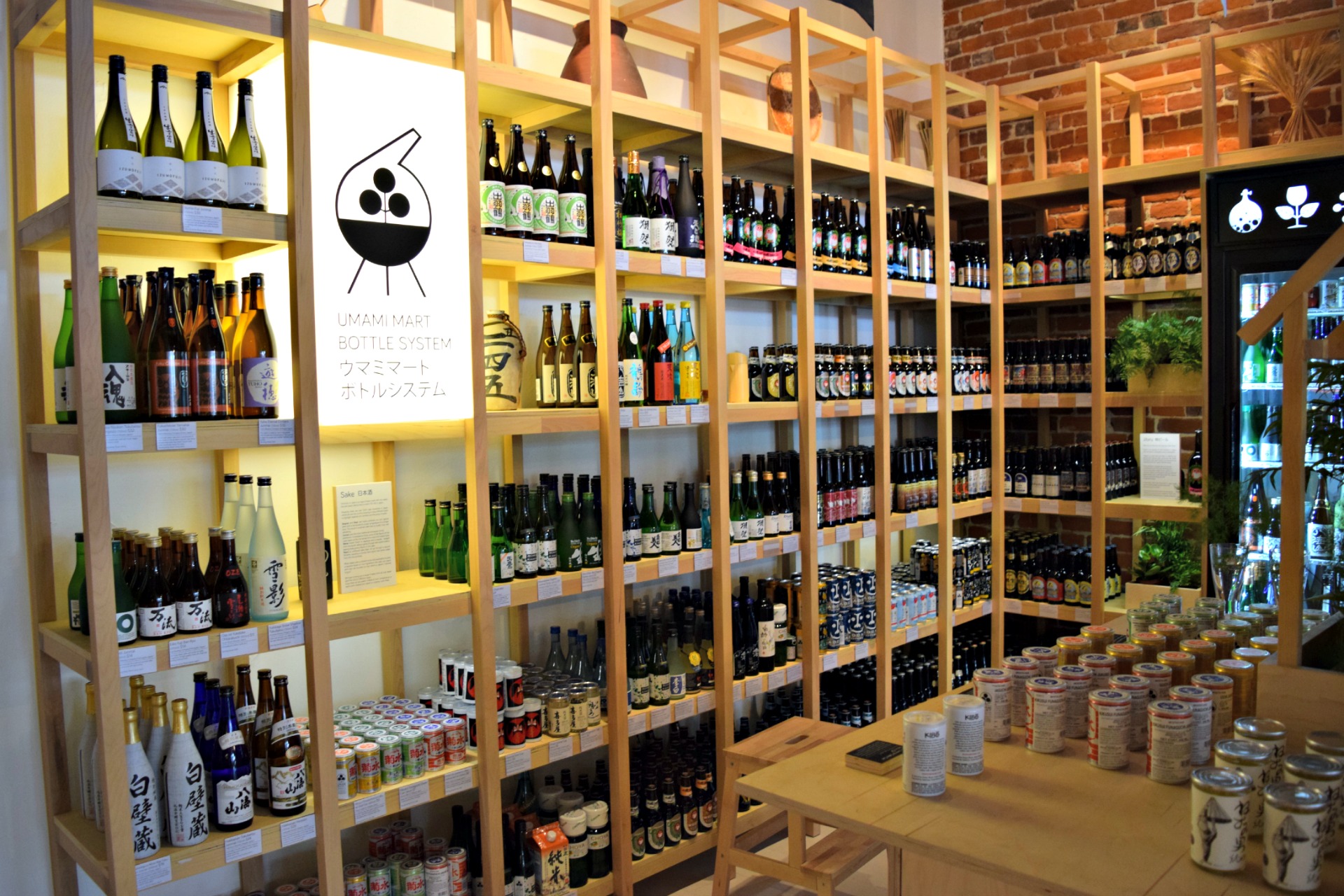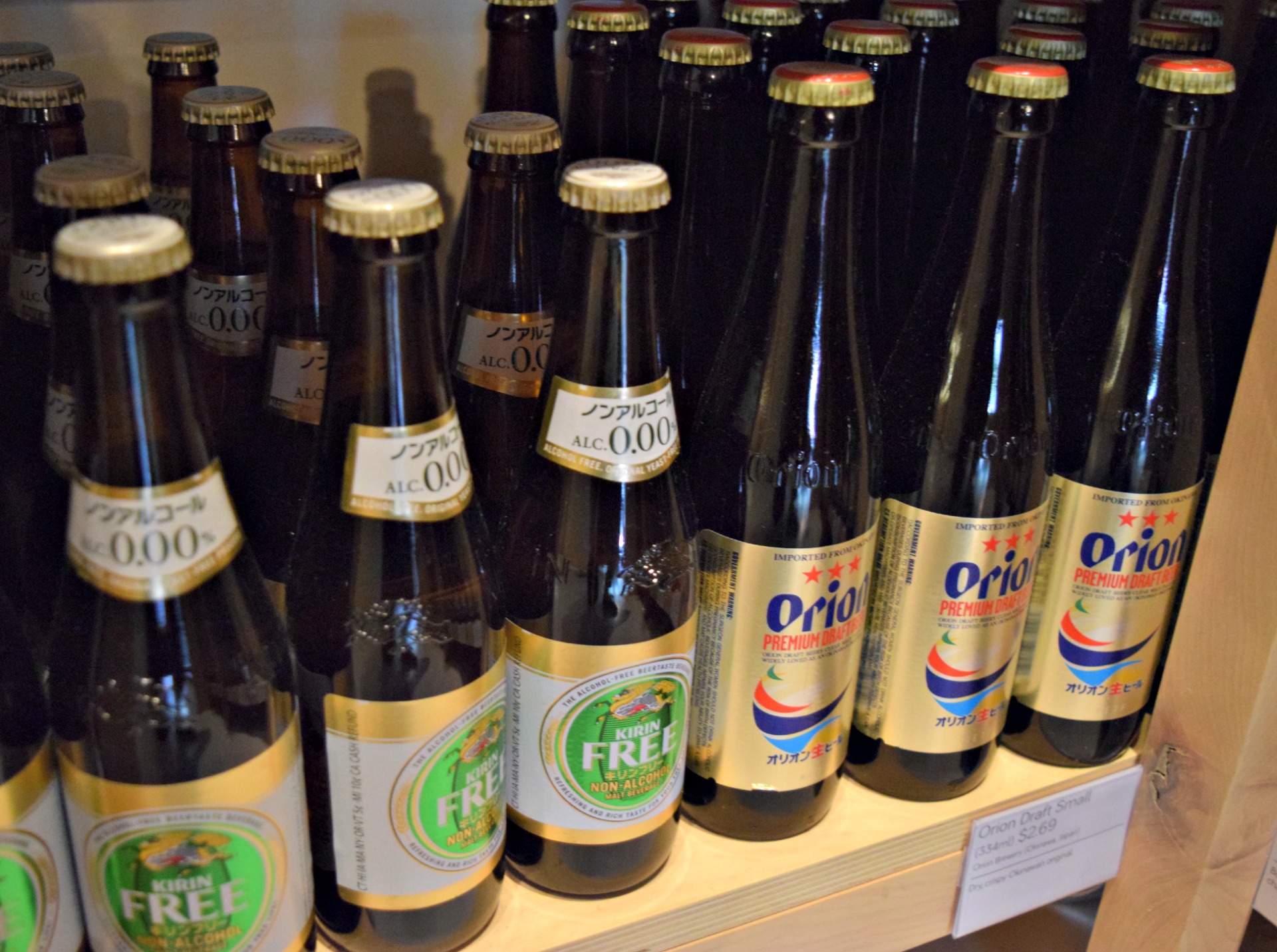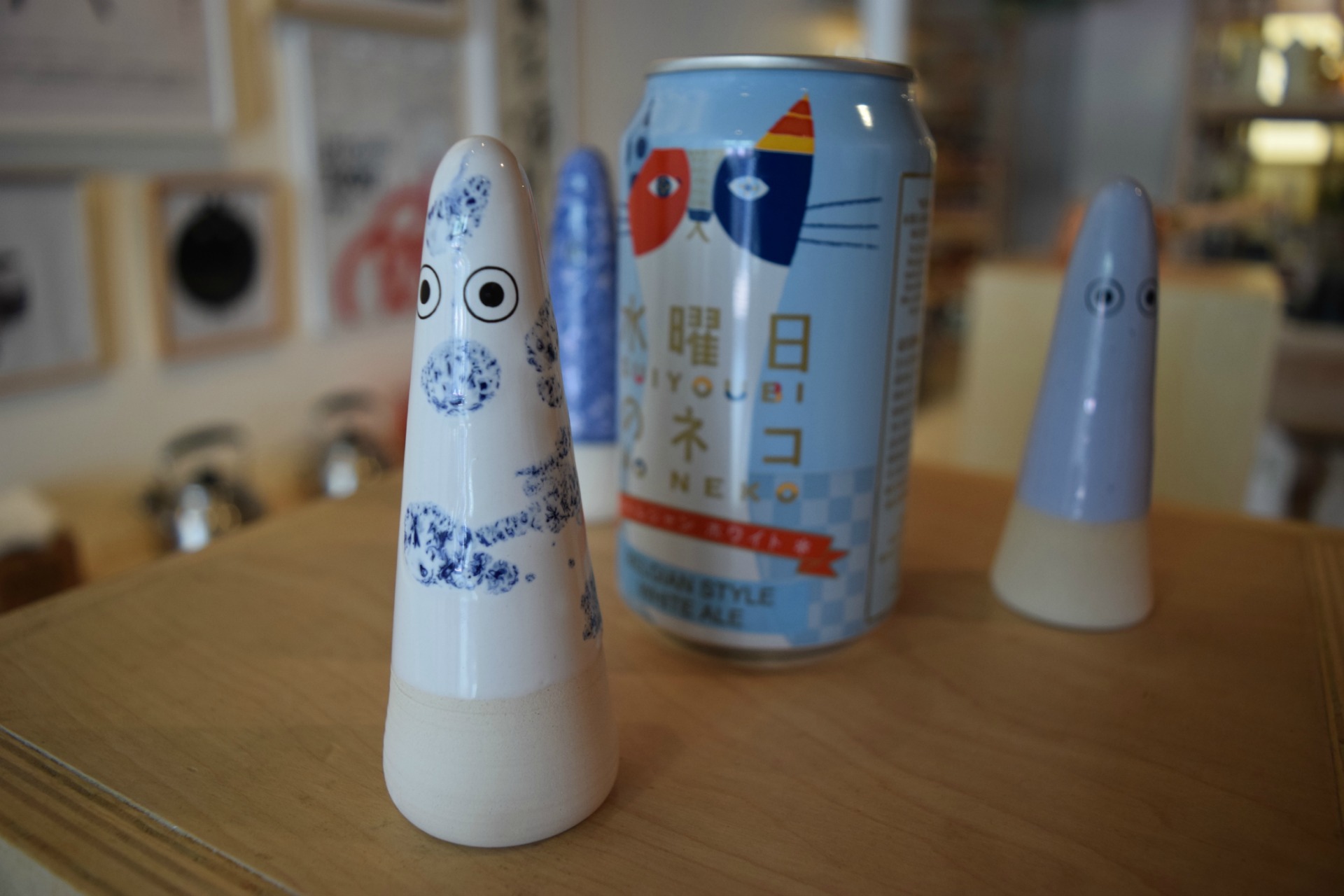It started with a blog. Before there was Umami Mart, the carefully curated Japanese housewares store in downtown Oakland, there was Umami Mart the blog -- a space for two old friends to talk about food while bored at their jobs at opposite ends of the world.
The friends, Yoko Kumano and Kayoko Akabori, who met as teens growing up in Cupertino, used the site to discuss their culinary discoveries after Kumano moved to Tokyo and Akabori moved to New York City. The blog covered snarking on Morimoto, eating tofu skin in Nikko, and how to survive the rest of the week with just $26 left in the food budget. Eventually the blog grew to 10 writers, some of whom were curious about specialized Japanese barware tools. (America's recent cocktail revival spurred an interest in Japanese cocktail culture). Kumano and Akabori decided to import a few items and opened an online shop.
When they both ended up back in the Bay Area in 2010, they seized upon a new program to move their online store into a brick-and-mortar shop. Small business incubator Popuphood was offering six months of free rent to a new independent retail store. They applied, moved into the space in 2012 and have remained in the same Old Oakland location ever since, selling a carefully curated collection of Japanese kitchen and home items ranging from delicate matcha whisks to wasabi graters.

Kumano and Akabori had wanted to start carrying alcohol in the store for a while, a fitting companion to their collections of Japanese barware: elegant 24-karat gold barspoons, spherical ice trays and cedar sake cups. And finally, after two years of wrangling with Oakland and wading through red tape, they were granted a license to sell beer and wine at the end of February. Now, the back wall of the store is filled with shelves of imported sake, wine and beer. Kumano, a certified sake expert, is happy to guide you through their large collection.
While sake fans can find a wide variety of options in the Bay Area, for many people this will be their first introduction to Japanese beer outside of the mild lagers found in sushi restaurants across the country. That’s because for years those beers -- Asahi, Kirin, Sapporo and Suntory -- were also virtually the only ones available in Japan. The country’s tax law required that brewers had to produce a staggering amount of beer -- more than half a million barrels a year -- to get a beer license, allowing a few major breweries to dominate the market. When the law was changed in 1994 (requiring just 500 barrels a year) a craft beer boom began, and the current 200-plus craft breweries in Japan have become an increasingly major presence in the Japanese beer world.




